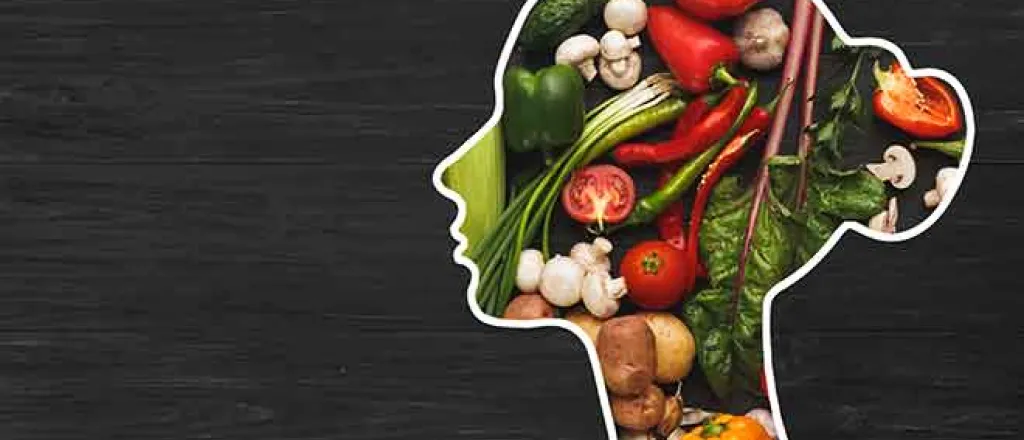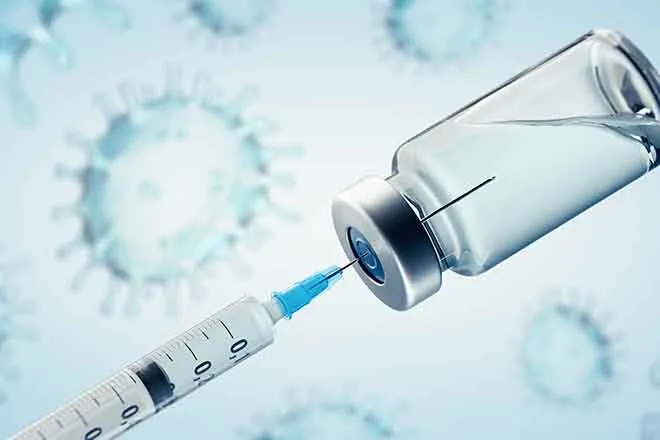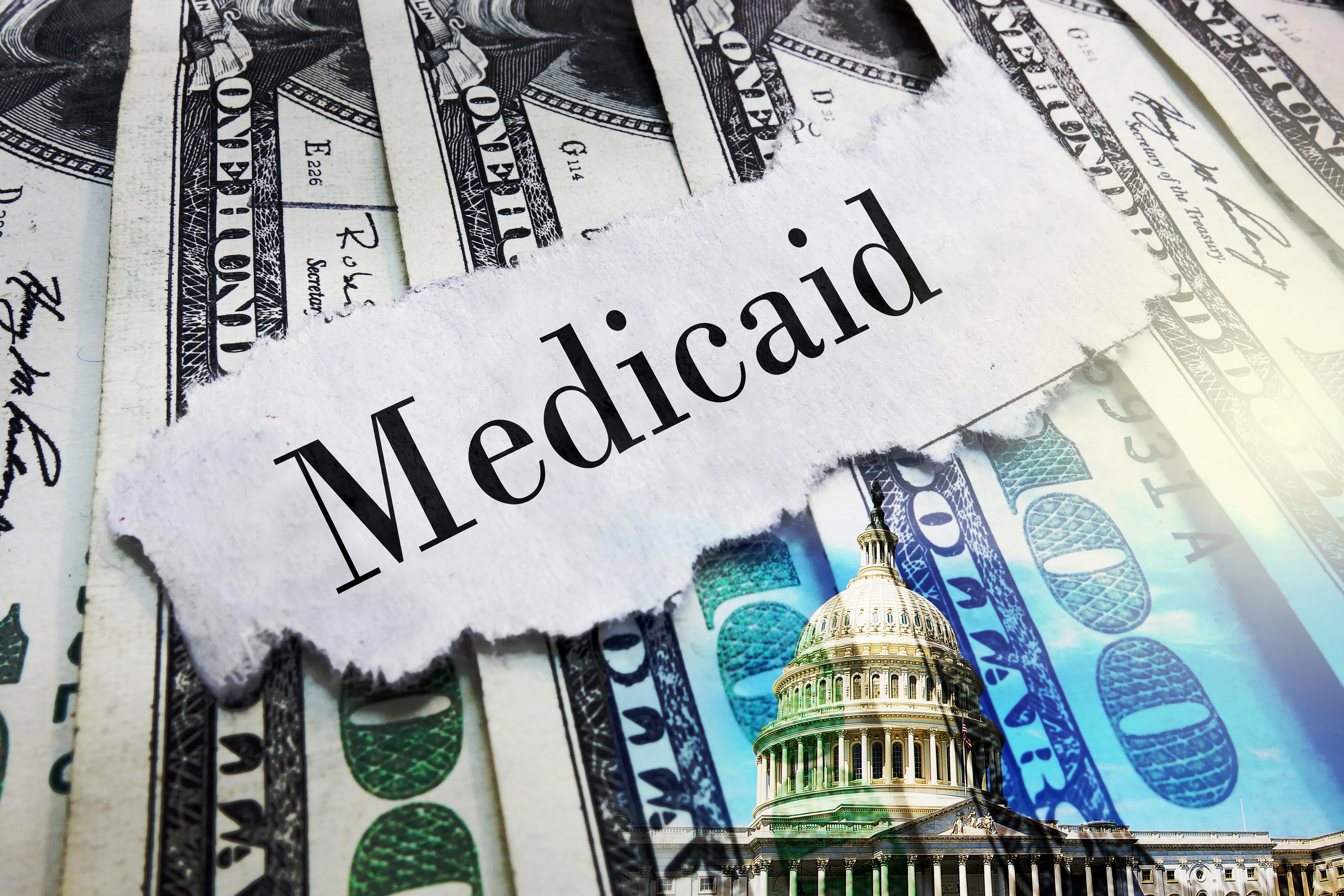
Dear Dietitian – What you need to know about herbal supplements
Dear Readers:
Chances are, many of you are taking some type of herbal supplement. People are turning to natural remedies for their health, such as ginseng for better energy, saw palmetto for prostate health, or echinacea to boost the immune system.
In 2019 Americans spent about $9.6 billion on herbal remedies. Consumers report a preference for natural products, heightened awareness of preventive healthcare, and increased spending on health and wellness as contributing factors for herbal purchases.
It is important to realize that just because something is natural does not mean it is safe. Many herbal supplements interact with other medications, so it is essential to talk to your health care provider before taking an herbal remedy.
A man in Texas needed a liver transplant after taking green tea extract for a few months. It is unclear if he was taking the extract as directed. Drinking green tea is considered safe, and some studies show positive results in preventing heart disease, although these studies are limited. Green tea extracts often contain high levels of epigallocatechin gallate (EGCG), an antioxidant that has been linked to liver damage when taken in high doses. The European Food Safety Assessment (EFSA) warns against taking EGCG in amounts greater than 800 mg/day but has not established a safe dosage.
Supplements, vitamins, minerals, and herbal remedies are not regulated by the Food and Drug Administration in the same way medicine is. While the United States Pharmacopeia (USP) tests herbal supplements for potency, absorption, and validity, this testing is voluntary. There have been tests performed on herbal supplements that have found contamination or that the product did not contain what it claimed. Look for the ‘USP verified’ symbol on the bottle to ensure a wise purchase.
We live in a “Let the buyer beware” society, so as with all products, be an informed consumer when it comes to herbal remedies. ConsumerLab.com is a private company that independently tests herbal supplements and publishes the results. There is an annual fee to join. The following websites will also help you make a sound decision:
- The National Center for Complementary and Integrative Health website: https://www.nccih.nih.gov/health/herbsataglance
- The National Institutes of Health Medline Plus website https://medlineplus.gov/druginformation.html
Until next time, be healthy!
Dear Dietitian















